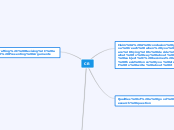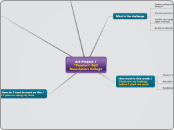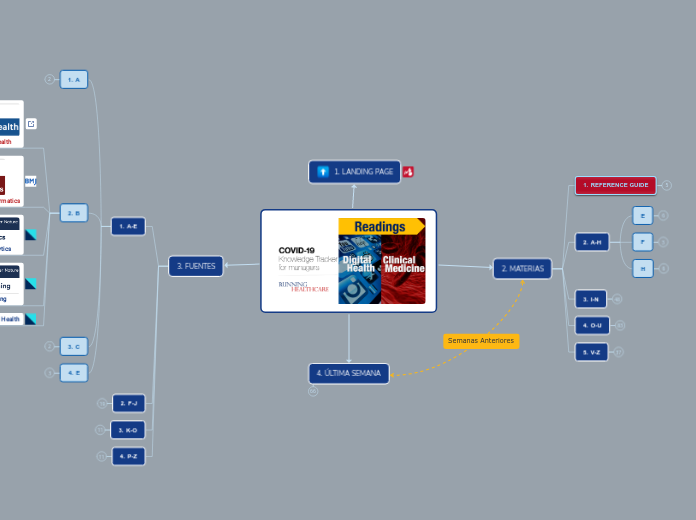CR
What is research writing
Essential Building Blocks =
Share answer in a believable, understandable and usable way
Create a one sentence answer to your research question
Do real research
Drafting, Revising, and Presenting Arguments
Oral Arguments
Presentation Aids
Multimedia
Video
Audio
Charts, Graphs, Handouts
Support
Same for oral and written
Language
Consider using stylistic devices such as repetition, balance, and parallel structure to strengthen message
Short, direct sentences
Use language with details and examples
Consider the familiarity of your audience with your topic and consider defining terms
Make sure not to use language that might offend your audience
Keep in mind what words the audience will be familiar with
Organization
End
Should be brief
Middle
Devoted to the development of the claim
Beginning
Get the attention of the audience
Use an illustration
Tell a funny anecdote
Use a quotation
Make an attention grabbing statement of fact or opinion
Asking a rhetorical question
Using a personal reference
Referring to the subject or occasion
Credibility
Admission of modestly
Establish credentials
The Audience
Revising
Should reach a clear conclusion that supports the thesis
Make sure the style and tone are appropriate for the audience and topic
To check style compare other authors work to your own and read paper out loud
Read through what you have written to make sure it is complete and well organized
Writing
Concluding the Paper
Use quotation
Bring ideas together into one
Broader applications
Call to action
Answer question "so what"
Building an Effective Argument
Tone
Style
Beginning the Paper
Organizing the Material
Ordering Material for Emphasis
Write more about material you want to be emphasized
Beginning or end, end has most emphasis
Make an explicit statement
Presenting the Stock Issues
Explanation of Advantages
Proposal of solution (Plan)
Establishment of Problem (Need)
Finding the Middle Ground
Proposal of Middle Ground
Presentation of Various Viewpoints
Refuting an Opposing View
Refutation of Opposing View
Summary of Opposing View
Defending the Main Idea
Conclusion
Evidence
Main Idea
Introduction
Reviewing your research
Consider the context of your argument and how it will be received by readers
Question your own arguments to find weak spots
Support Claims
Explain clearly and specifically for a policy claim
To support value claims find support for the fundamental principles of the claim
Produce strongest possible evidence to support factual claims
Include only relevant issues
Qualities of a good research question
Hasn't been answered yet, hasn't been answered completely, or hasn't been answered in the context that you will be answering it in
Can be answered using information that exists and can be collected
Can be answered subjectively
Claim: A conclusion you reach when you are trying to decide what to say about a subject, becomes a thesis once you start to write about it
Claim of Policy: States that a specific course of action should be implemented
Then offer a plan to implement the solution to the proven problem
Begin with convincing a reader that the problem exists
Need both claims of fact and claims of value to establish this sometimes
Claim of Value: Based on moral or aesthetic principles, deems somethings good/desirable or bad/undesirable
Morality
Controversiality
Majority preference does not equal moral value
Aesthetics
Standards
Rogerian argument structure helpful when discussing standards
Claims of Fact: States that something has existed, exists now, or will exist based on factual evidence
Claims of Fact need to be proven because...
New Data
Predictions
Casual Relationships
Different Interpretations









